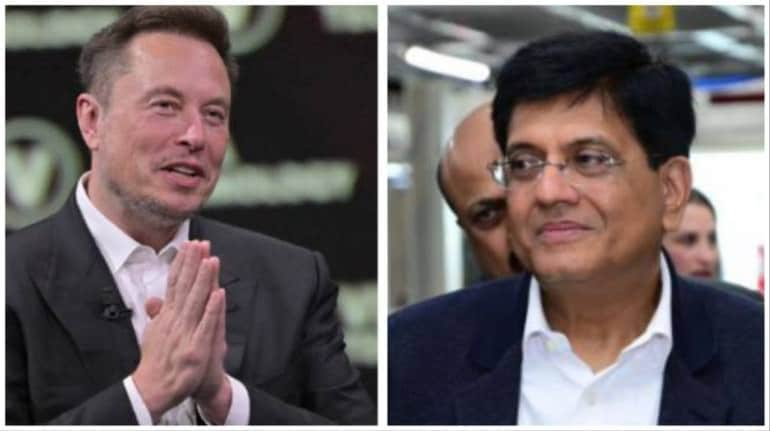



India's newly-unveiled electric vehicle (EV) policy, which offers import duty concessions to EV manufacturers subject to certain conditions, should attract investments from not only the likes of Tesla Inc. but many more global companies in the sector, according to a government official.
"The idea should be to attract all companies (in the EV sector), not only Tesla, but many others can come in with this kind of facility. So if you can do a PLI (production-linked incentive) scheme, you can also take this route (the EV policy) to attract global investment. This is allowing imports at a concessional rate but is also mandating localisation," this official said.
The new policy, announced on March 15, gives import duty concessions to companies that commit to invest a minimum of $500 million or a little over Rs 4,150 crore and establish manufacturing facilities within India in three years with at least 25 percent of components sourced locally.
Companies that meet these requirements will be allowed to import 8,000 EVs a year at a lower duty of 15 percent on cars costing $35,000 and above. India levies a tax of 70 percent or 100 percent on imported cars, depending on their value.
This move is expected to bolster chances of Tesla's entry into India. The Indian government and the US-based maker of electric cars have been in talks for a while with the latter reportedly planning to set up a manufacturing unit in India.
In fact, Tesla had been seeking tariff cuts to accelerate its plans to start manufacturing in India.
The new policy on EVs is expected to give the country access to the latest technology in the sector and boost its Make in India initiative. Moreover, the import duty waiver on EVs is capped at the annual PLI incentive (Rs 6,484 crore) or the investment made by the entity, whichever is lower.
India has already taken steps to push for the adoption of EVs, including PLI schemes on advanced chemistry cells, automobiles and automobile components. The goods and services tax on EVs too was reduced to 5 percent from 12 percent.
Asked whether these incentives would benefit global companies more than local EV makers, the official said, "There is still a differential treatment versus domestic manufacturers. They are still paying taxes at a differential rate. Since this is mainly a reduction on basic customs duty, the rest of the taxes will stay. But there is surely some concession."
Moneycontrol reported in November that even as New Delhi was wooing global EV giants to set up shop locally, a Make in India requirement in the proposed EV policy will likely ensure companies don't just assemble in India.
Tesla, EV peers may have to make it in India to secure policy sops: Sources
Discover the latest Business News, Sensex, and Nifty updates. Obtain Personal Finance insights, tax queries, and expert opinions on Moneycontrol or download the Moneycontrol App to stay updated!
Find the best of Al News in one place, specially curated for you every weekend.
Stay on top of the latest tech trends and biggest startup news.